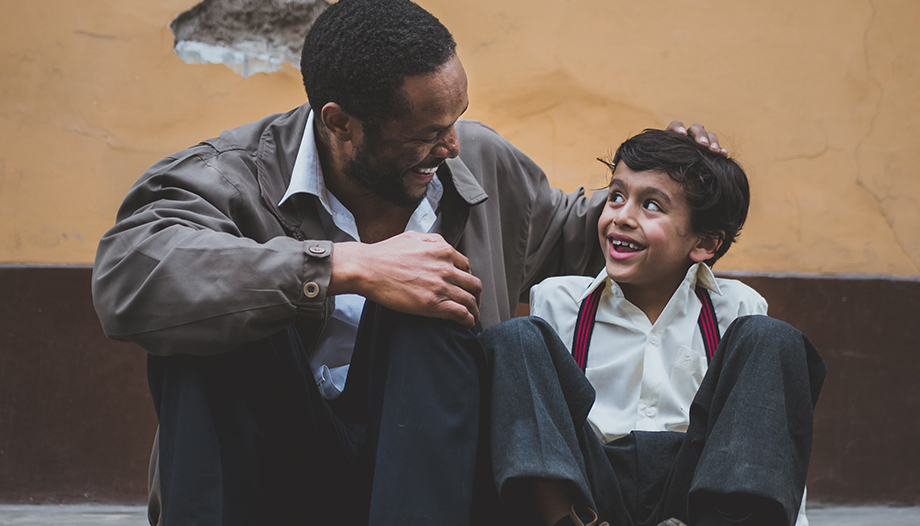I have just read Fairthe first book of Ana Iris Simón. The work transpires the reasonableness that distinguishes what is permanent and common to all human beings, and that is part of the authentic wisdom of the people, with which -like so many others- I have felt identified. I celebrate the success it is having and sincerely congratulate the author for this suggestive invitation to rethink about the things that are really worthwhile, about progress.
Prominent members of progressivism have shouted out loud, for daring the author -a militant left-wing- to offer a sincere and endearing account of the family, an institution that is avowedly right-wing. Those who preach tolerance the most do not seem to be able to accept that someone who is a militant in their ranks deviates from the dictates of what they believe in. politically correct on such a fundamental issue.
According to the speech progressiveThe family is the consecration of heteropatriarchy, which must be demolished for the sake of an egalitarianism that eliminates difference; and of the emancipation of the individual. Some - at least in theory - would like the first human community to be a contract between asexual and autonomous individuals. Unfortunately, some of the fruits of this approach are already more than evident: loneliness and precariousness, not only economically, but above all emotionally.
The author wonders if it is really progress renounce the authentic values of family relationships, such as lasting and unconditional love, or motherhood and fatherhood. I liked this book above all because it confirms something that many people today do not want to hear: that the family is not the patrimony of any ideology.
Ortega said that "to be of the left is, like being of the right, one of the infinite ways that man can choose to be an imbecile". These forms of "moral hemiplegia," show the inability to think in a way that is extensive and realistic, beyond the filters of ideology, analogous to the person who suffers from motor paralysis in half of his body. It is therefore time to put an end to ideologies, which stiffen and immobilize ideas and, above all, obscure our view of reality.
Family - whether it works better or worse - is what we all have in common. We all come from a family, which is our network of support and mutual care. Family love is the most democratic and egalitarian, since it is essentially a love without preferences. In the words of Fabrice Hadjadj, the family is the community of origin, given by nature and not only established by convention. That is why it is in the family that the most authentic freedom is lived: the freedom to consent and to want what is given to us. The family is what always remains with us, even if we fail in any other area of our life. It is the place to which we can always return.
Not having a family is the only true uprooting. We all have a desire for family, including -although they do not want to recognize it- those who suffer from this sad moral hemiplegiaand insist on putting ideology above evidence.
Professor at the Faculty of Law of the International University of Catalonia and director of the Institute for Advanced Family Studies. She directs the Chair on Intergenerational Solidarity in the Family (IsFamily Santander Chair) and the Childcare and Family Policies Chair of the Joaquim Molins Figueras Foundation. She is also Vice-Dean of the Faculty of Law at UIC Barcelona.









